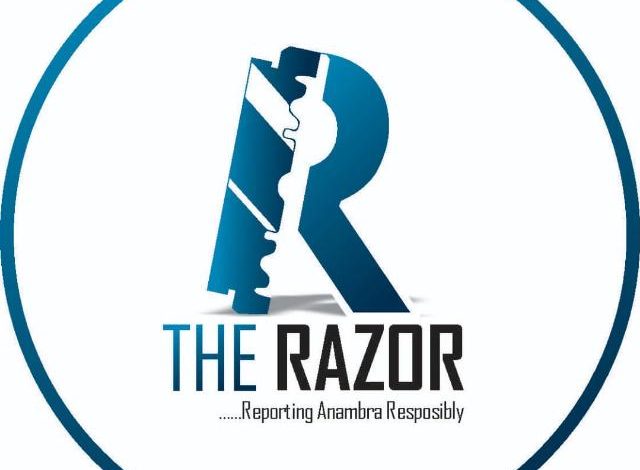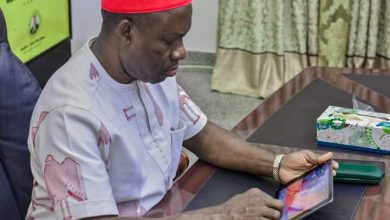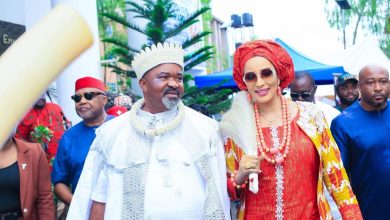
By Tony Okafor
In today’s Nigeria, hardship has become a national anthem.
Yet, in the midst of this shared suffering, the nation’s reward culture is skewed—lavishly favouring a select few whose achievements, while commendable, are often measured in weeks or months of public attention, while millions of ordinary citizens endure decades of sacrifice in silence.
Athletes, entertainers, and public figures routinely receive dollar-denominated gifts worth hundreds of millions of naira after brief stints in government-funded camps—where their feeding, housing, and training are already paid for by the state.
Meanwhile, the teachers who educate our children, the doctors who save our lives, the security personnel who face daily danger, media workers and the civil servants who keep the system running retire to unpaid pensions, abandoned gratuities, and, in some tragic cases, death in queues waiting for what is rightfully theirs.
This is not to diminish the achievements of our athletes or artists. Their feats inspire and bring pride to the nation. Recognition is important. But recognition without fairness becomes an insult to the collective struggle of the people.
When a sports medal attracts a ₦150 million windfall while a professor who has served the country for 35 years or more goes home with less than ₦30 million in gratuity, something is deeply wrong.
This means endurance, quiet sacrifice, and consistent service count for little, while spectacle is what earns reward. That mindset erodes national values, fuels resentment, and widens inequality.
If rewards must be given—especially from public funds, and particularly in foreign currency—they should be guided by clear, transparent, and merit-based principles.
We need a National Reward Commission, independent of political interference, to set standards, evaluate contributions, and determine who gets what, how, and when.
Such a body would ensure rewards go not only to the visible, but also to the market women, artisans, small business owners, healthcare workers, educators, and others who carry the nation’s weight every single day.
At a time when Nigeria battles crippling debt, a volatile exchange rate, and runaway inflation, throwing scarce resources at a few in the spotlight while the backbone of the country breaks is reckless governance. It deepens inequality, weakens morale, and sends the wrong signal to our youth—many of whom are already fleeing abroad in search of better opportunities.
Reward is good. Reward is necessary. But reward must reflect our true national values, not our obsession with momentary spectacle.
Let us stop hemorrhaging our commonwealth on impulsive gestures and instead build a culture that honours every form of service—whether on the world stage or in the quiet grind of daily national survival.
If dollars must flow, let them flow fairly. After all, the endurance of ordinary Nigerians is a championship performance in its own right.
I come in peace.




